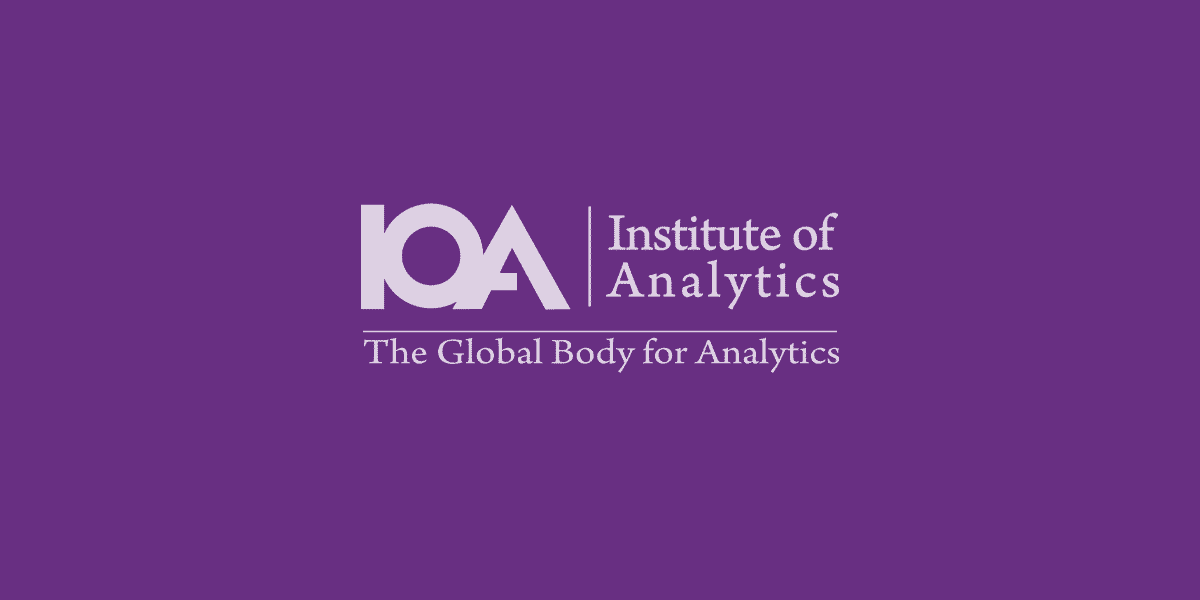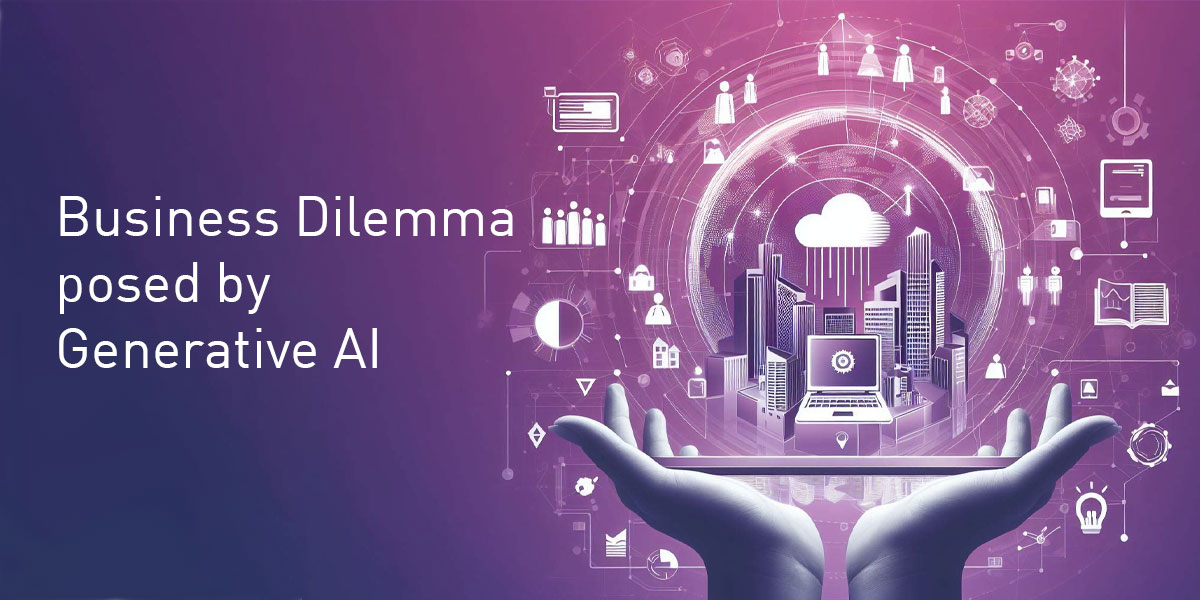Necessary cookies are absolutely essential for the website to function properly. These cookies ensure basic functionalities and security features of the website, anonymously.

The Tech that comes next
Afua Bruce and Amy Sample Ward
Book review
Here at the IoA we are already turning our attention to the end of year IoA awards. We know some analysts in our community work for the betterment of society, and we’ll be looking for your nominations soon.
If you need some inspiration for tech for social good, a new book, The Tech that Comes Next, offers plenty of ideas and examples to bring about positive change.
There is no shortage of horror stories in the development of AI, with algorithms that have been trained to reproduce the worst elements of society. There are many challenges that data scientists face in their work, from the gap between expectations and reality to lack of a framework for development opportunities, but among the reasons for quitting an otherwise well-paid job, ethical unease is always not far from the surface.

One major problem we’re all facing this year is food security. The pandemic, climate change and international unrest have combined to raise food prices globally. Author Afua Bruce cites the example of her local food bank, Rescuing Leftover Cuisine, which was established initially to take left over food to those who need it. The initial iteration of this non-profit charitable service was human based, with a network of volunteers contacting each other when they received a message that there was food to be collected and re-distributed. By automating that human process more efficiently through data solutions, they were able to reduce overheads. The key, according to Bruce, is to incorporate community feedback when creating a purpose built platform like the one used by Rescuing Leftover Cuisine. The charity was able to scale, and now services those in food poverty in eight cities around the United States.
The key takeaway from this book is that talking to community matters. Changing how we fund, create, develop and use technology is not easy. The authors do not believe that technology can produce a more equitable world, but with more technology deployed for good, that may become a compounding result. Rather than changing others around us, the process begins with looking at opportunities ourselves to evolve and challenge the values we hold. By focusing on transparency and accountability, the authors offer a model of AI that builds trust in communities and supports organizations to extend their mission in society through technology. A focus on the problem, not the tool, allows people to build better solutions, whatever field they are applying the technology to.
The best way to predict what the future will look like is to invent it and start building it now. This book will help you know where to start.






